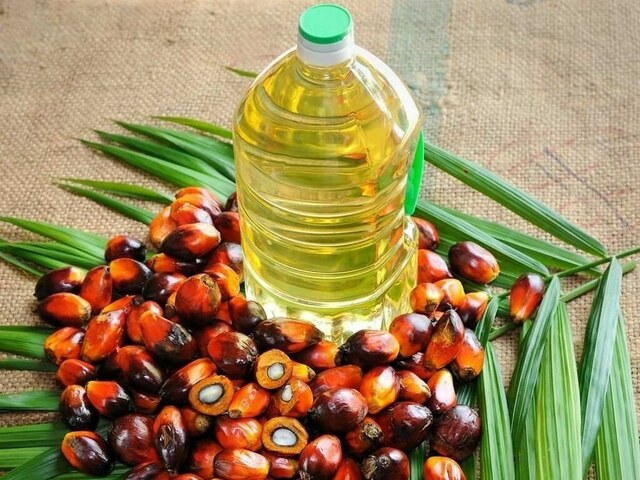KUALA LUMPUR: Malaysian palm oil futures rose for the fifth straight session on Tuesday on concerns over output, though a stronger ringgit currency and the cancellation of import contracts by the world’s biggest buyer India capped the upside.
The benchmark palm oil contract for December delivery on the Bursa Malaysia Derivatives Exchange closed 12 ringgit, or 0.3%, higher at 3,989 ringgit ($961.20) a metric ton.
The contract has risen 6.7% in the past five sessions. Indian refiners cancelled 100,000 metric tons of palm oil purchases for delivery between October and December, as the government’s move to raise import duties due to a rally in overseas prices prompted them to book profits.
“Indian buyers are backing out of deals, which shows that if prices keep going up, people will switch to different cooking oils,” said a Mumbai-based trader with a global trade house. The ringgit, palm’s currency of trade, strengthened 1.19% against the US dollar to a near three-year high, making the commodity more expensive for buyers holding foreign currencies.
The upcoming festive season in key importing countries, amid lower inventories, will limit a drop in prices, said Mitesh Saiya, a Mumbai-based trader.
Dalian’s most-active soyoil contract rose 1.06%, while its palm oil contract added 0.58%. Soyoil prices on the Chicago Board of Trade were up 1.08%.
Palm oil tracks prices of rival edible oils, as they compete for a share of the global vegetable oils market. Oil prices rose on Tuesday on news of monetary stimulus from top importer China and concerns that conflict in the Middle East could hit regional supply, while another hurricane threatened supply in the United States, the world’s biggest crude producer.
Stronger crude oil futures make palm a more attractive option for biodiesel feedstock. Malaysia’s plantations minister said a proposal to revise the windfall profit levy on the palm oil industry was sent to the finance ministry last week, state news agency Bernama reported on Monday.

Source: Brecorder





























